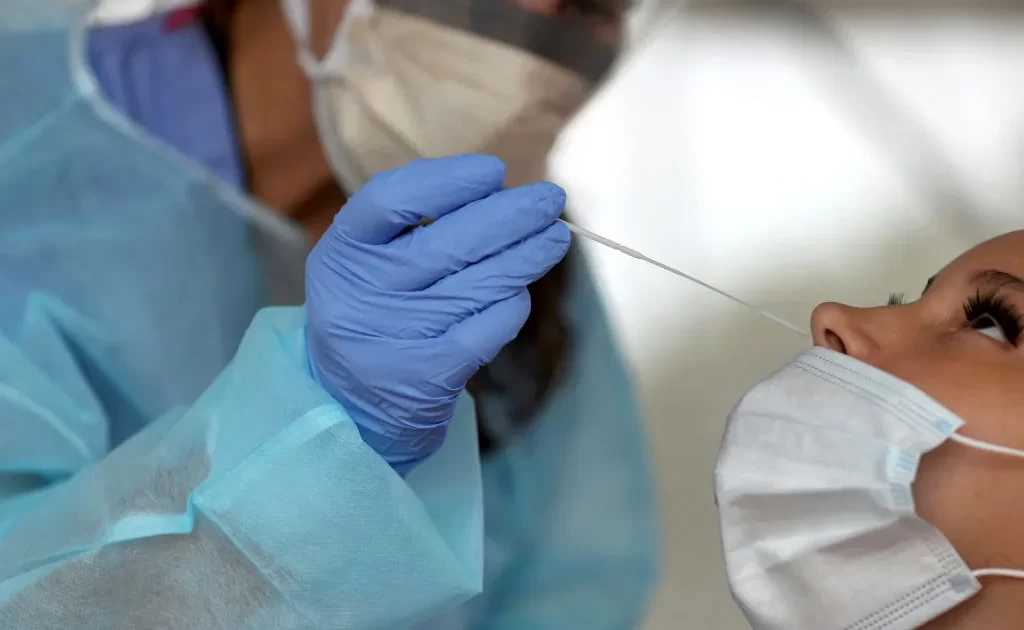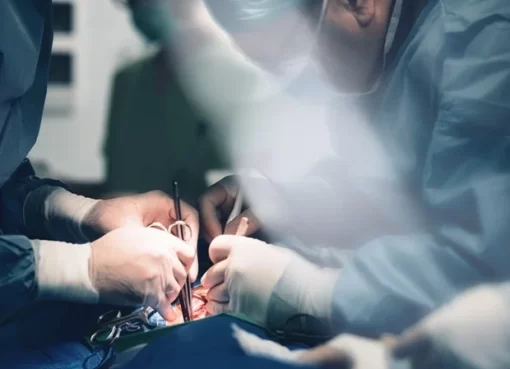Whether you plan a trip or have COVID-19 symptoms, you may wonder about testing. But who needs Federal Way Covid testing, and what types of tests are most accurate? You also want to know what happens during a COVID-19 nasal swab test and what it means if your test comes back negative. Read on to learn the answers to some of the most commonly asked questions about COVID-19 testing.
Is the COVID-19 nasal swab test painful?
During a nasal swab test, your provider inserts a long stick with a soft brush on the end of your nose and twirls it for a few seconds. The soft bristles at the end of the stick collect samples of secretions for analysis. The swab has to go far back because the cells and fluid should be collected from the passageway connecting the base of the nose to the back of the throat.
Because your body is not used to having objects in that area, you may feel a lot of odd sensations as your provider inserts the stick. For one thing, it triggers the lachrymal reflex, meaning you will have tears in your eyes when done correctly. The test does not hurt, but many people describe it as uncomfortable. The swab will also touch the back of the throat and may therefore trigger a gag reflex.
Are there other types of COVID-19 tests?
Yes, some tests use other specimen types and are less invasive than the nasal swab test; examples include a throat swab. While this test may be less invasive, it is also less sensitive than the COVID-19 nasal swab test. Specialists are exploring saliva as a specimen, but the jury is still out on that one.
Besides nucleic acid testing, which detects a virus’ genetic material, there is antigen testing which detects the presence of viral proteins that spur the production of antibodies.
Antigen tests are quicker but less accurate or sensitive than nucleic acid tests. Therefore, a positive antigen test may be informative, but the more sensitive nucleic acid test must confirm a negative result. Because it is important to obtain the best possible specimens, COVID-19 testing, which includes nucleic acid testing, remains the best option. There is no point in doing a test that may give inaccurate answers or results.
Do at-home COVID-19 tests offer reliable results?
At-home tests typically involve collecting specimen and shipping it to a testing facility. The prospect of testing for COVID-19 at home is quite appealing, but the quality and reliability of these at-home kits still need to be discovered.
There are major concerns about the quality of specimens people collect at home, their integrity during shipping, and the expertise of the lab that does the analysis. Until these are no longer concerns, the sample should be collected by medical professionals and testing done in a certified lab trusted by your primary care provider.
A COVID-19 nasal swab test is performed when recommended by a doctor. Therefore, contact your doctor at Prudent Medical Providers if you need COVID-19 testing.





